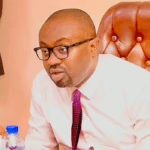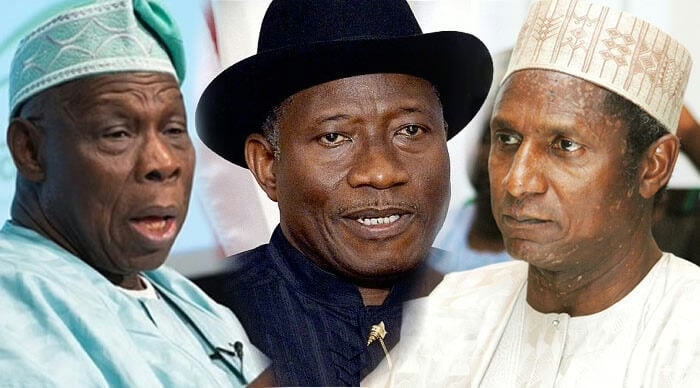Obasanjo Reflects on Nigeria’s Persistent Corruption Crisis
Former Nigerian President Olusegun Obasanjo has expressed deep disappointment over the failure of successive governments to effectively tackle corruption, which remains a significant challenge in the country. In his upcoming book, Nigeria: Past and Future, Obasanjo argues that the lack of sustained anti-corruption efforts beyond his administration has allowed the problem to persist unabated.
Legacy of Anti-Corruption Initiatives and the Need for Continuity
Obasanjo, who governed Nigeria from 1999 to 2007, highlighted that although he identified corruption as a critical issue and implemented measures to combat it, subsequent administrations did not maintain or build upon these efforts. He emphasized that a single government’s actions are insufficient without consistent follow-through by future leaders.
During his tenure, Obasanjo established key institutions such as the Independent Corrupt Practices and Other Related Offences Commission (ICPC) and the Economic and Financial Crimes Commission (EFCC). These bodies were instrumental in prosecuting high-profile cases, including the conviction of a serving Inspector General of Police, Tafa Balogun, marking a significant milestone in Nigeria’s fight against corruption.
Political Transitions and Their Impact on Anti-Corruption Efforts
Obasanjo succeeded General Abdulsalami Abubakar in 1999 and handed over power to Alhaji Musa Yar’Adua in 2007. Following Yar’Adua’s death in 2010, Vice President Goodluck Jonathan assumed the presidency until 2015, when Muhammadu Buhari was elected. Buhari’s administration, which lasted until his death in July 2025, was succeeded by President Bola Tinubu in May 2023. Despite these transitions, Obasanjo laments that none of these leaders sustained the momentum needed to eradicate corruption.
Corruption: A Societal Cancer
In his inaugural address in 1999, Obasanjo identified corruption as the greatest obstacle to Nigeria’s development. He described it as a “cancer” that undermines societal progress and governance. He criticized the military regimes preceding his civilian administration for allowing corruption to flourish unchecked, often bypassing rules and regulations to facilitate illicit activities.
“No society can reach its full potential if corruption is allowed to become the full-blown cancer it has become in Nigeria,” Obasanjo stated. “Laws exist to curb corruption, but enforcement has been inconsistent.”
Insights from Nelson Mandela on Leadership and Corruption
Obasanjo also shared reflections attributed to the late South African leader Nelson Mandela, who reportedly expressed frustration with Nigeria’s leadership and the pervasive corruption that hampers national progress. Mandela is said to have criticized Nigerian leaders for prioritizing personal gain over public welfare and highlighted the unacceptable levels of poverty that persist despite the country’s vast resources.
Mandela’s counsel, as recounted by Obasanjo, emphasized the importance of nurturing leaders who reject corruption and the necessity of investing in education to empower the youth. He warned that poverty and lack of education breed disempowerment, which can be exploited by the elite, and urged Nigerians to instill values of hard work and integrity in future generations.
Official Response to Obasanjo’s Critique
In contrast to Obasanjo’s reflections, a source within the Nigerian Presidency dismissed his comments, suggesting that the former president views himself as the sole bearer of truth. The source remarked, “There is no need to respond to Obasanjo. He acts as if he is the only one who has ever governed rightly. We wish him well and will let him enjoy his views.”
Current Context and the Road Ahead
As Nigeria continues to grapple with corruption, recent data from Transparency International’s 2023 Corruption Perceptions Index ranks Nigeria 150th out of 180 countries, underscoring the ongoing challenge. Experts argue that sustainable progress requires not only robust institutions but also political will and societal commitment across administrations.
Learning from past experiences, including Obasanjo’s initial reforms, future leaders must prioritize continuity in anti-corruption policies and foster a culture of accountability to restore public trust and promote equitable development.


















0 Comments